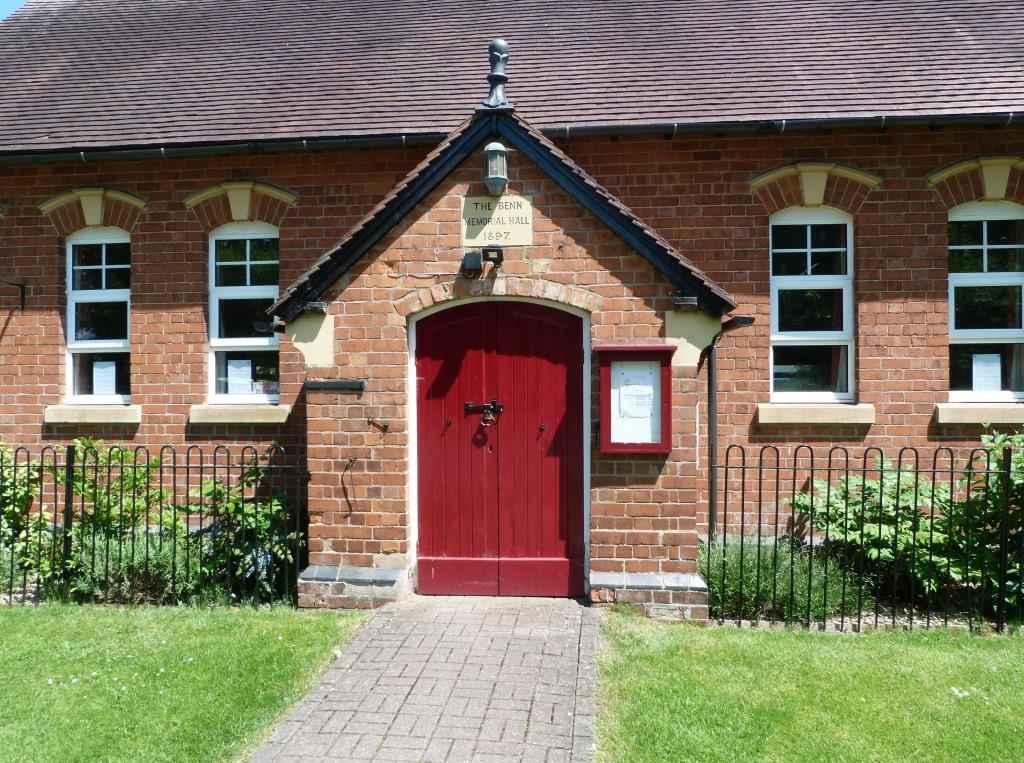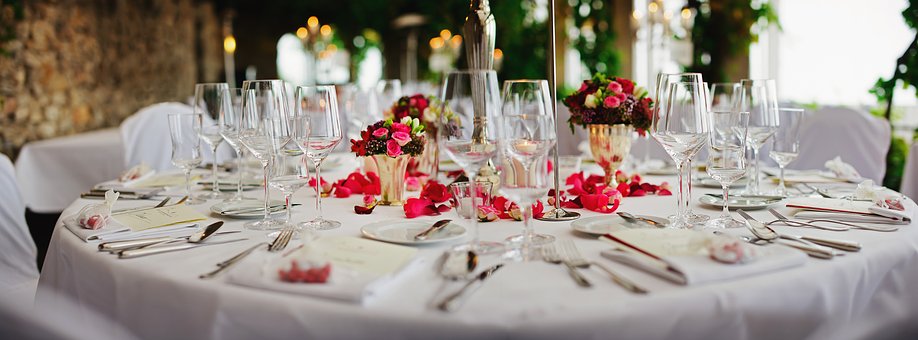Top Ten Village Hall FAQs
1. We’re setting up a new village hall committee – where do we start?
As a first step, make sure you get a good mix of skills and experience from your team. If you’re looking for more members, it’s a good idea to involve those who can bring additional knowledge to the table. And try to share project responsibilities out equally among members.
The Charity Commission’s publications are a great starting point for members and trustees. Call 0845 300 0218 or download them for free.
ACRE (Action for Communities in Rural England) produces a number of information sheets and model documents, which give detailed information on all aspects of Village Hall management. If you would like to order any of these, please contact us on 01789 842182 or halls@wrccrural.org.uk.
HMRC provide information on eligibility for reduced VAT rates at https://www.gov.uk/vat-charities/what-qualifies-for-relief.
2. We want to use our church as a community space – how do we go about this?
Hereford Diocese (with input from English Heritage) have created a very useful toolkit called Crossing The Threshold which can help you create a revitalised community space in your church. It’s a step-by-step guide to developing your place of worship for wider community use and managing a successful building project, taking you from the very earliest stages of considering how you might alter your place of worship through to the celebrations at the end of the building work.
3. How do we carry out a risk assessment?
The Health and Safety Executive’s website has information on managing risks and carrying out a risk assessment as well as a useful template. They also have a useful guide on maintaining portable electric equipment at www.hse.gov.uk/pubns/indg236.pdf.
4. Help – we’re not sure how many people can use our hall for an event?
Dorset Halls Network has a useful Occupancy Calculation Guide which offers a step-by-step formula based on useable floor space, number and width of exit doors, and fire safety regulations. And your insurance company should be able to provide advice.
5. Can we get involved in trading activities to raise funds?
Yes, in certain circumstances – there’s useful guidance at Gov.uk.
Management committees of village hall charities can propose the idea of a regular trading activity as a way of raising funds for the village hall; a common example is the running of a bar. This type of trading is known as ‘non-primary purpose trading’ and is allowed only where there is no significant risk involved for the charity such as being liable for possible bar debts. Be aware that trading also gives rise to questions about tax liability and VAT.
6. We have hirers who run lunch clubs and similar events – what food safety guidelines apply?
Here’s some useful guidance on food hygiene and safety for village halls: food safety advice for shared kitchens in village halls and community rooms
The Food Standards Agency recommends that anyone working with food is “adequately trained” in food hygiene and safety, and a Level 2 Food Hygiene certificate is the easiest way to show this. Hirers will need to make sure that all food is being prepared safely at home and include this in their risk assessment. It is best practice to list ingredients and allergens.
If hirers are regularly preparing/providing food (whether made at home or at the venue) for their event(s) they may be deemed to be a “food business”. This applies to each individual hirer, and also to your hall if you are regularly running events.
There is information online about providing food at community & charity events and you may like to contact your local Food Safety/Environmental Health team to get advice.
7. Our hall is old, cold and needs refurbishing – where do we begin?
Try conducting your own Energy Efficient audit and take some tips from English Heritage. You can find suggestions on funding sources at www.heritagefundingdirectoryuk.org.
8. We’ve been offered free solar PV panels – is this a good idea?
The Energy Saving Trust has advice on using solar panels to lower your electricity bill. Community Energy England has a funding opportunities page listing a wide range of funding sources to assist your project. And this useful guide from Zurich Insurance will help you to consider the risks.
9. Are we allowed to run a Bingo Night for fundraising?
You can play Bingo provided you adhere to the relevant conditions for either prize gaming or equal chance gaming. Find out the details on the Gambling Commission website. And ACRE includes a fact sheet on this in their documents library
10. What insurance do we need?
Trustees should obtain professional advice when considering insurance and should make sure that land and assets are valued regularly so that policies can be updated appropriately.
You may need to consider public liability, trustee indemnity, building and contents cover, and event-specific insurance. There are several specialist insurers including Norris & Fisher, Zurich Community Insurance, and WRS Insurance.



